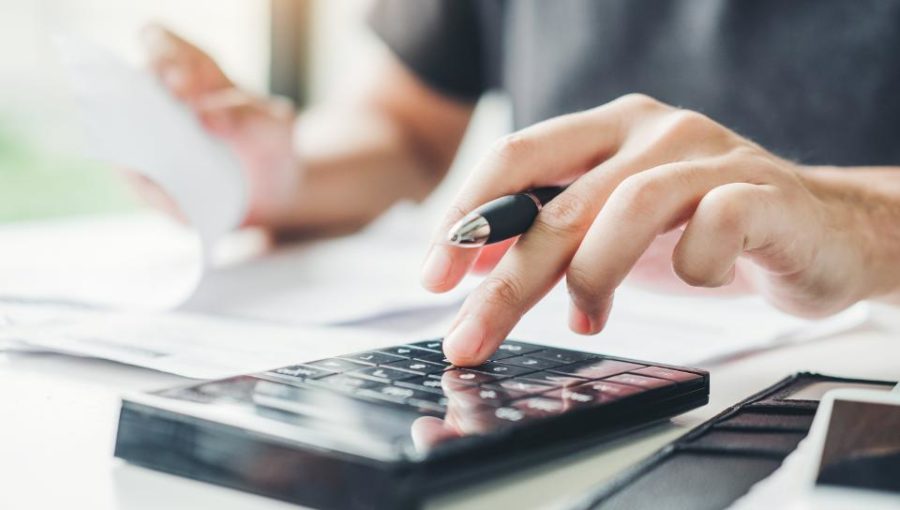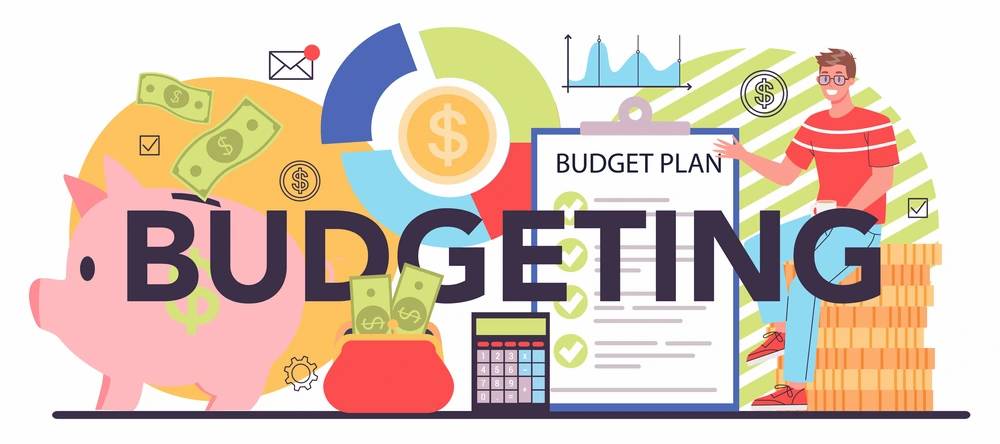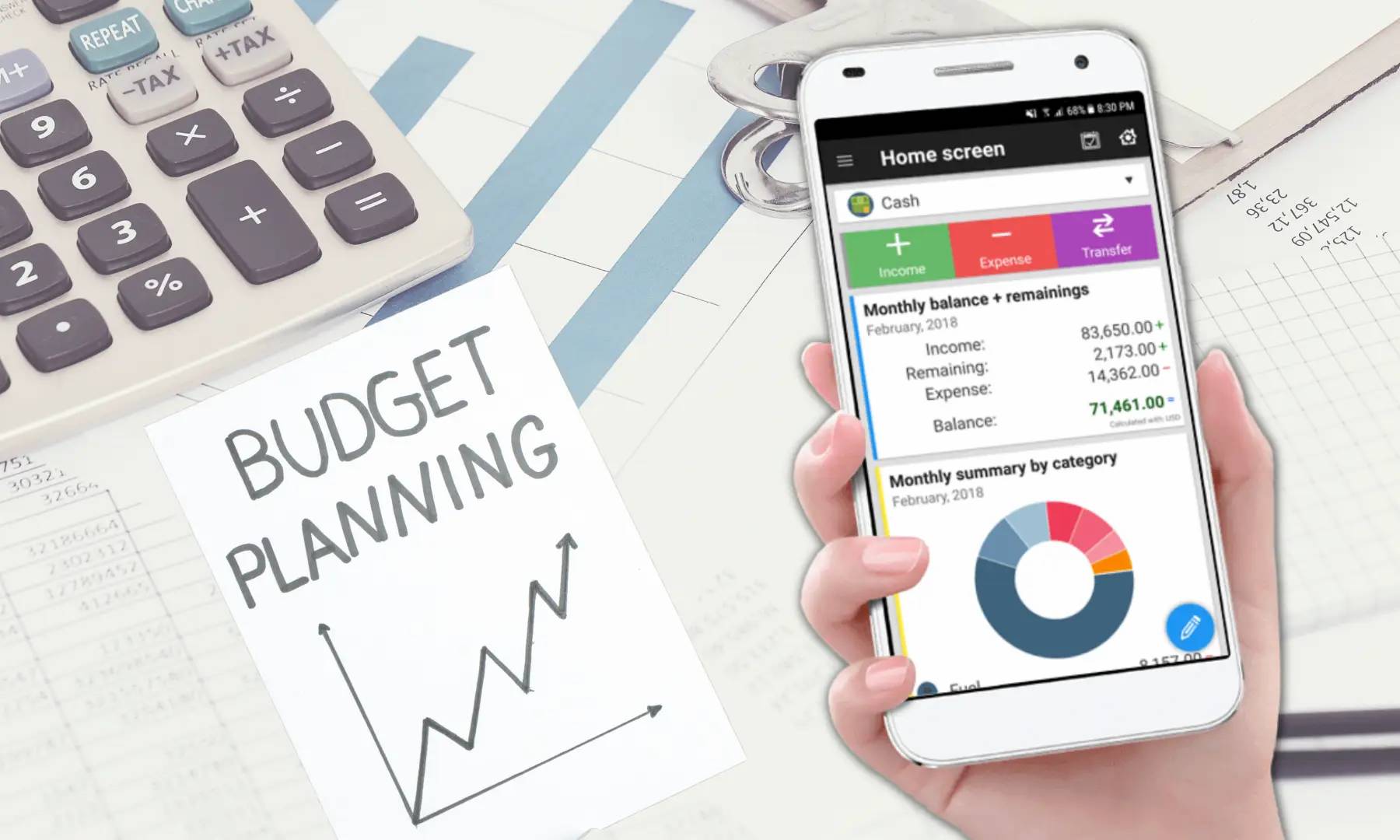

Navigating Your Financial Journey: The Power of Effective Budgeting

Effective budgeting is a crucial tool for individuals to navigate their financial journey successfully. It enables individuals to plan and allocate their income wisely, ensuring that their expenses are in line with their financial goals. By effectively budgeting, individuals can optimize their spending, save for the future, and avoid unnecessary debt.
One of the key benefits of effective budgeting is the ability to prioritize expenses. By creating a budget, individuals can categorize their expenses into essential and non-essential items. Essential expenses include items such as housing, utilities, groceries, and transportation, while non-essential expenses may include dining out, entertainment, or luxury purchases. By prioritizing essential expenses, individuals can ensure that their basic needs are met before allocating funds for non-essential items. This helps in avoiding overspending and ensures that money is allocated to the most important areas of one's life.
Another advantage of effective budgeting is the ability to identify and eliminate unnecessary expenses. When individuals track their spending and analyze their budget, they may discover areas where they are overspending or wasting money. For example, by reviewing monthly expenses, one may realize that they are spending a significant amount on subscription services that are not being fully utilized. By identifying and eliminating such unnecessary expenses, individuals can redirect those funds towards more meaningful financial goals, such as saving for emergencies or investing for the future.

Effective budgeting also helps individuals in setting and achieving financial goals. By creating a budget, individuals can allocate funds towards specific objectives, such as paying off debt, saving for a down payment on a house, or funding a child's education. Budgeting allows individuals to track their progress towards these goals and make necessary adjustments along the way. For instance, if the budget reveals that the savings rate is not sufficient to meet the desired goal within the desired timeframe, individuals can reevaluate their spending habits and make necessary adjustments to ensure they stay on track.
Moreover, effective budgeting provides individuals with a sense of control and peace of mind. It helps in reducing financial stress and anxiety by providing a clear picture of one's financial situation. By having a budget in place, individuals can make informed decisions about their spending, knowing that they are working towards their financial goals. This sense of control allows individuals to feel more confident about their financial future and reduces the likelihood of impulsive or unnecessary purchases.
To ensure effective budgeting, individuals can utilize various tools and techniques. There are numerous budgeting apps and software available that can help in tracking expenses, categorizing spending, and setting financial goals. Additionally, individuals can use cash envelopes or allocate specific amounts for different expense categories to ensure they do not overspend. Regularly reviewing and adjusting the budget is also essential to accommodate changes in income or expenses.
In conclusion, effective budgeting is a powerful tool that enables individuals to navigate their financial journey successfully. It allows individuals to prioritize expenses, identify and eliminate unnecessary spending, set and achieve financial goals, and gain a sense of control over their finances. By implementing effective budgeting techniques, individuals can optimize their spending, save for the future, and avoid unnecessary debt, ultimately leading to long-term financial success.
References:
1. Ramsey, D. (2013). The Total Money Makeover: A Proven Plan for Financial Fitness. Thomas Nelson.
2. Vanderkam, L. (2017). All the Money in the World: What the Happiest People Know About Getting and Spending. Portfolio.
Related Posts
© 2025 Invastor. All Rights Reserved

User Comments